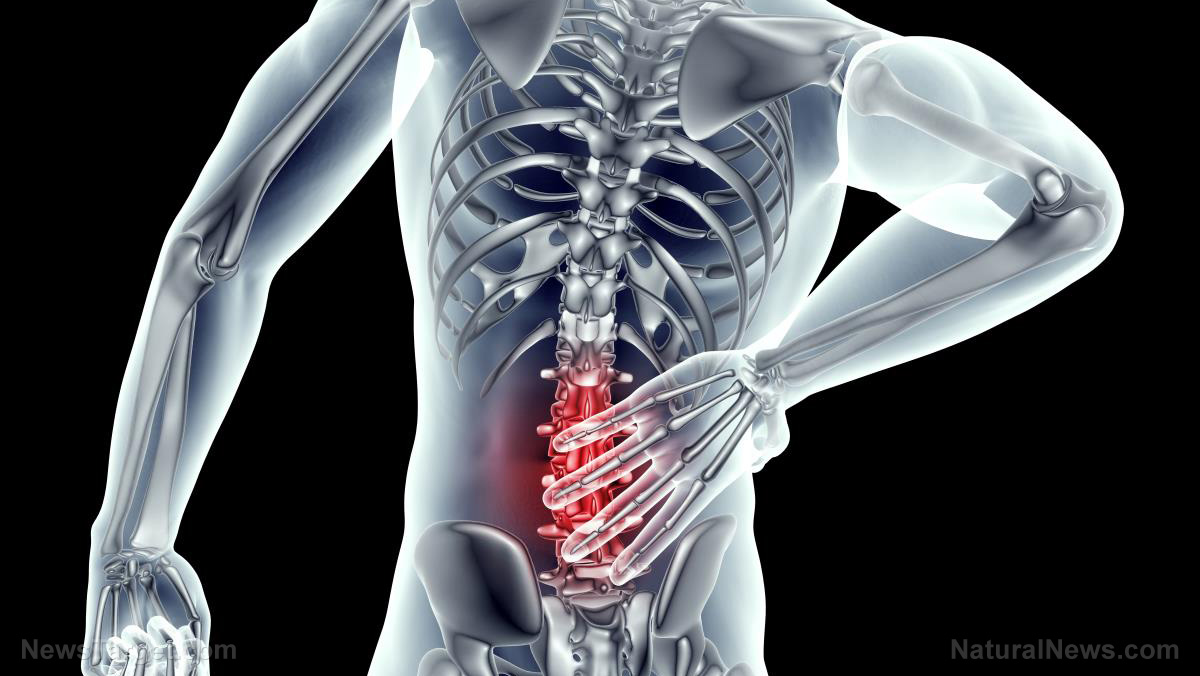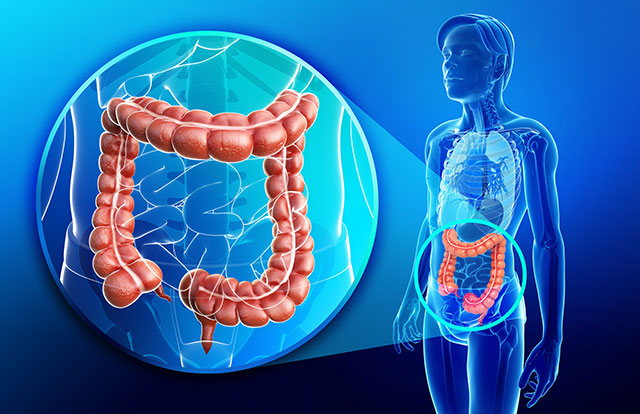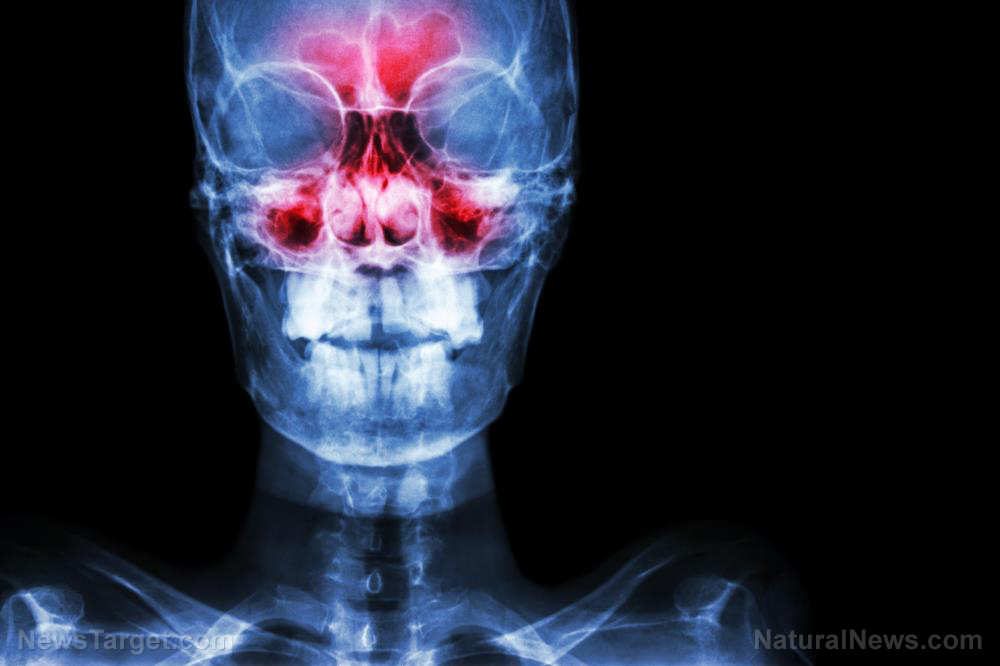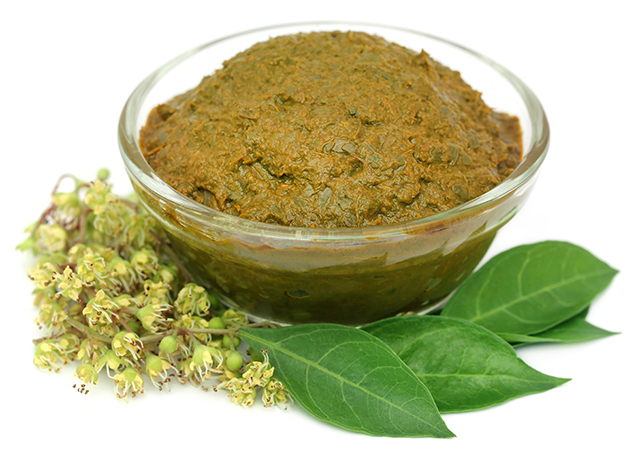Non-invasive treatment for low back pain: Controlled “core muscle release technique” provides effective relief
10/29/2018 / By Rita Winters

There are many conventional drugs available for treating low back pain, but they are nonetheless harmful when used frequently over long periods of time. Many medical experts are now trying to find alternatives to painkillers and anti-inflammatory drugs, looking towards nature and little-known therapies. Researchers from the Sri Ramaswamy Memorial University (SRM University) found that the core muscle release technique may be an effective non-drug solution to mechanical low back pain.
The study titled “The Efficacy of Core Muscle Release Technique in Mechanical Low Back Pain a Quasi Experimental Study” was authored by Suresh Jothi, Peteti Sai Ram, and Sivakumar VPR. Their findings have been published in the International Journal of Clinical Skills.
There were 40 participants in the study aged 20 to 40. These participants, who have not received physiotherapy since then, were divided into two groups: One group that learned the core muscle release technique and received low-level laser therapy; and another group that received conventional physical therapy and low-level laser therapy. The numeric pain rating scale (NPRS) was used to measure outcomes, as well as the Roland-Morris low back pain and disability questionnaire (RMDQ). Results of the two groups showed that the group that received the core muscle release technique with low-level laser treatment showed improvements in mechanical low back pain, better than the group that did not receive the core muscle release technique.
The core muscle release technique is a movement practice that focuses on breathing, bone alignment, joint articulation, muscle relaxation, and using gravity and momentum to assist with efficient movement. This technique is basically seen in most types of dances, as well as in yoga and in martial arts. Low-level laser therapy is often used for treating orthopedic conditions – it relieves pain, relaxes the muscles, and heals tissue, creating biophysical effects. Low-level laser therapy was applied to all the applicants, on the right and left paraspinal muscle for 10 to 15 minutes for two weeks.
Low back pain (LBP) causes a constant discomfort and decreases the ability of a person to complete his or her daily tasks. It is the fifth most common reason for visiting a health expert, affecting around 60 to 80 percent of people throughout their life. The researchers’ aim in the study is to be able to bring back people’s normal daily activities by using fitness trends and exercise protocols without the use of conventional pain killers. Over time and after much practice, core muscle release technique decreases the pain in the lower back, and improves the functional activities over a longer term than medicines do (short-term, symptomatic). (Related: Doctors are now prescribing non-medical pain management techniques for low back pain, such as yoga and meditation.)
In accordance with the new clinical guidelines for medical professionals’ practices on treating low back pain, set by the U.K. National Institute for Health and Care Excellence, most doctors will now prescribe similar methods for treating low back pain, such as engagement in breathing and physical activities like yoga and meditation. Because of these new guidelines, there will be a much lower rate at which people with low back pain will be prescribed painkillers for chronic pains that can be dealt with through other therapeutic methods, such as the ones mentioned above. The dependence of humanity on laboratory-concocted drugs is slowly being removed, and people will start learning the value of a healthy, active lifestyle partnered with proper nutrition.
See more news about back pain solutions at BackPain.news.
Sources include:
Tagged Under: alternative medicine, back pain, core muscle release, fitness, healing, low back pain, low-level laser therapy, non-invasive treatments, pain relief, physical therapy, prevention



















